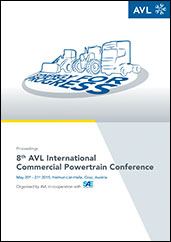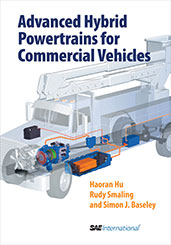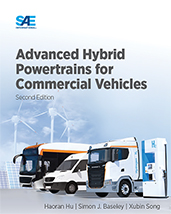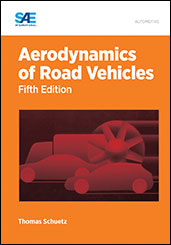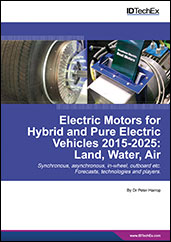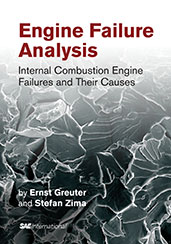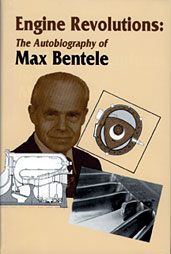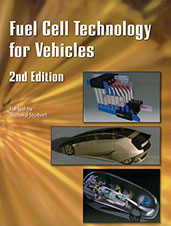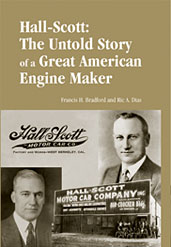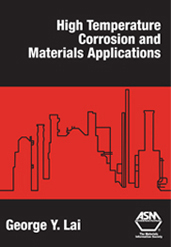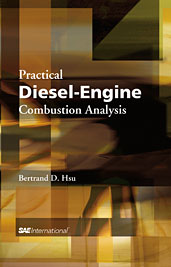Book
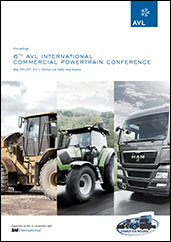
6th AVL International Commercial Powertrain Conference Proceedings (2011)
2011-05-25
The AVL International Commercial Powertrain Conference is the premier forum for truck, agricultural and construction equipment manufacturers to discuss powertrain technology challenges and solutions across their industries. The topics of the conference, which happens every two years, cover all five elements of a modern powertrain: engine, transmission, electric motor, battery and the electronic control which are used basically the same way in the quest for optimal efficiency and environmental compatibility. This event offers a unique opportunity for highly regarded professionals to address the synergy effects and distinctive characteristics of commercial vehicles, agricultural tractors and non-road vehicles, and industrial machinery. These proceedings are being co-published with SAE International, via a strategic partnership.
